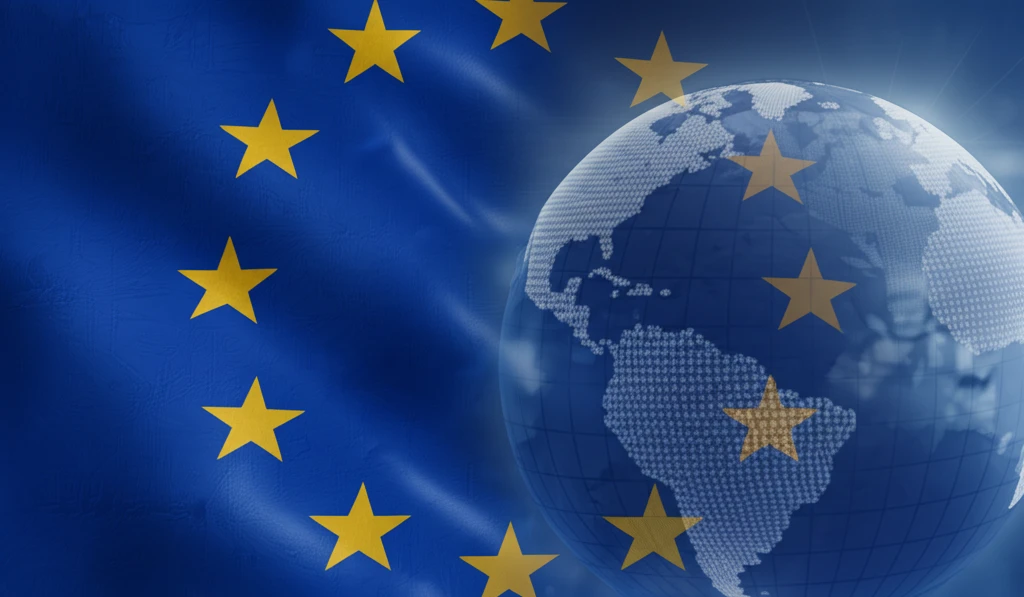
Decoding the EU's Role in Global Affairs: A Deep Dive into Multilateral Organizations
"From the UN to the World Bank, how the EU navigates international waters to shape global governance and address critical challenges."
In an increasingly interconnected world, the European Union (EU) stands as a significant player in global governance, striving to shape international relations through its engagement with multilateral organizations. From the United Nations (UN) to the World Bank, the EU's presence is felt across a diverse range of institutions, each presenting unique opportunities and challenges.
This exploration delves into the EU's intricate relationship with these organizations, examining its commitment to 'effective multilateralism' and the strategies it employs to influence international norms and policies. Understanding the EU's approach is crucial for anyone seeking to grasp the dynamics of contemporary global affairs.
While the EU champions multilateral cooperation, its path is not without obstacles. Internal divisions, external constraints, and the rise of competing multilateral frameworks all test the EU's ability to project its influence and achieve its goals on the world stage.
What Exactly is 'Effective Multilateralism' and Why Does the EU Prioritize It?

At its core, the EU views multilateralism as the cornerstone of a stable and cooperative global order. This translates into a strong preference for working through international organizations and adhering to international law. The EU's commitment stems from its own historical experience, recognizing the dangers of unrestrained sovereignty and the benefits of collective action.
- Promoting International Cooperation: The EU actively seeks to develop relations and build partnerships with international, regional, and global organizations.
- Supporting the UN: The EU considers the UN as a cornerstone of global governance and actively supports its work.
- Defining Effective Multilateralism: In its 2003 European Security Strategy, the EU defined 'effective multilateralism' as a core principle and objective of its foreign policy.
The EU's Balancing Act: Challenges and Opportunities Ahead
The EU's journey in global governance is a continuous balancing act. It must reconcile its internal complexities with the demands of external engagement, navigate the shifting landscape of international power, and adapt to the rise of competing multilateral frameworks. While challenges abound, the EU's commitment to multilateralism remains a defining feature of its foreign policy, shaping its role in the world and its approach to addressing global challenges.
